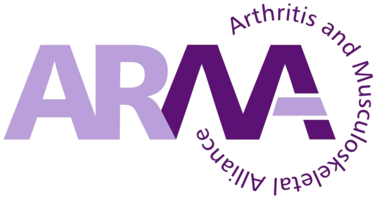 Upcoming webinar: Paediatric rheumatology: lived experience and psychological needs
Upcoming webinar: Paediatric rheumatology: lived experience and psychological needs
Friday 27 March 12.30 – 1.30
Around 12,000 children and young people in the UK have a musculoskeletal condition. Supporting them to live the lives they want is an important part of treating their conditions. This webinar will discuss these issues using the example of Juvenile Dermatomyositis (JDM), a rare condition affecting just 3 in a million children in the UK.
Polly Livermore is a rheumatology nurse who has studied the psychological needs of children with JDM.…
Read more of this article

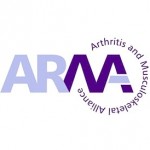
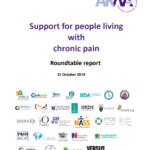
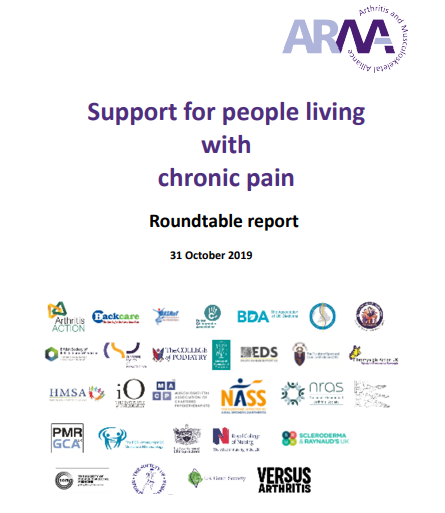 In October 2019 ARMA held a roundtable bringing together people working on chronic pain from a range of perspectives to discuss what might be done to improve the experience of people living with chronic pain. Around 10–14% of people (6 – 8 million) experience moderate to severely disabling pain. Currently services and support for these people are difficult to access. Whilst not all chronic pain is musculoskeletal, osteoarthritis and back pain are associated with over half of all chronic pain, so that the lack of support is a key issue for us. …
In October 2019 ARMA held a roundtable bringing together people working on chronic pain from a range of perspectives to discuss what might be done to improve the experience of people living with chronic pain. Around 10–14% of people (6 – 8 million) experience moderate to severely disabling pain. Currently services and support for these people are difficult to access. Whilst not all chronic pain is musculoskeletal, osteoarthritis and back pain are associated with over half of all chronic pain, so that the lack of support is a key issue for us. … 
 The Institute of Osteopathy has recently published additional reports, including the impact of Multidisciplinary management of low back pain and sciatica in primary care. This impact report provides an overview of the Plymouth Community Back Pain Service which has delivered a sustainable primary care service with measurable outcomes run by a multidisciplinary team including GPs, osteopaths, cognitive behavioural therapists and physiotherapists.
The Institute of Osteopathy has recently published additional reports, including the impact of Multidisciplinary management of low back pain and sciatica in primary care. This impact report provides an overview of the Plymouth Community Back Pain Service which has delivered a sustainable primary care service with measurable outcomes run by a multidisciplinary team including GPs, osteopaths, cognitive behavioural therapists and physiotherapists.
 As detailed in their latest e-news bulletin, this February HMSA will be involved in Marfan Awareness, Raynaud’s Awareness, and at the end of the month,
As detailed in their latest e-news bulletin, this February HMSA will be involved in Marfan Awareness, Raynaud’s Awareness, and at the end of the month,  This joint response was issued by National Voices, The Arthritis and Musculoskeletal Alliance, Versus Arthritis, the MS Society, the Neurological Alliance and Healthwatch England.…
This joint response was issued by National Voices, The Arthritis and Musculoskeletal Alliance, Versus Arthritis, the MS Society, the Neurological Alliance and Healthwatch England.… 
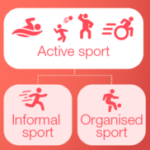
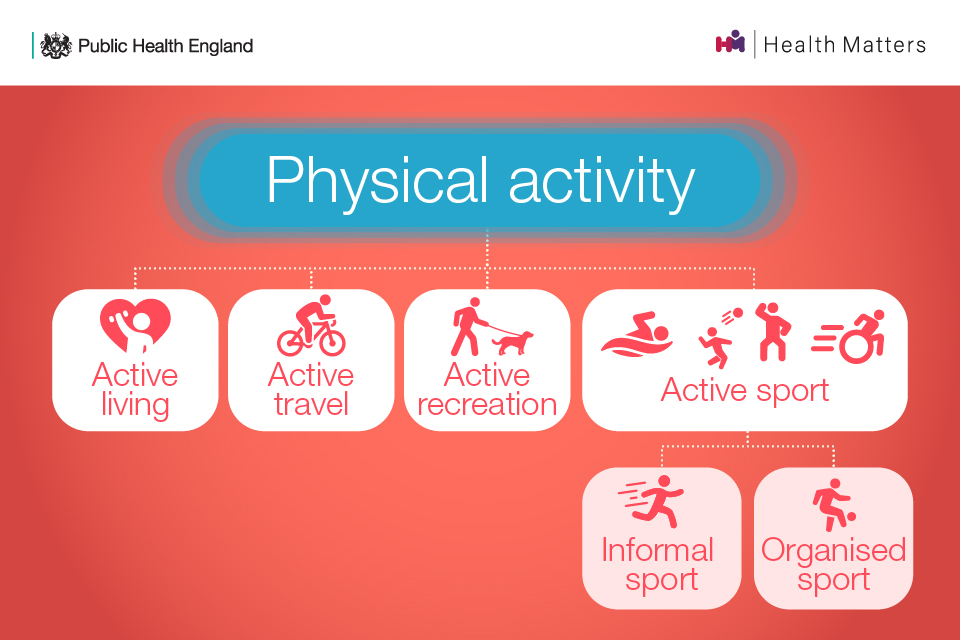

 I’ve read a few things about how hard it is to get going after the festive break, or “blue Monday” part way through January, rumoured to be the most depressing day of the year. I’ve had a very different experience this year with a positive start to 2020. January has involved conversations and planning for our 2020 activities. Lots of positivity from members and stakeholders means I’m optimistic and looking forward to a successful year.
I’ve read a few things about how hard it is to get going after the festive break, or “blue Monday” part way through January, rumoured to be the most depressing day of the year. I’ve had a very different experience this year with a positive start to 2020. January has involved conversations and planning for our 2020 activities. Lots of positivity from members and stakeholders means I’m optimistic and looking forward to a successful year.